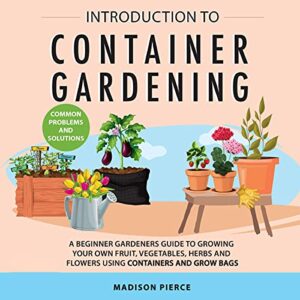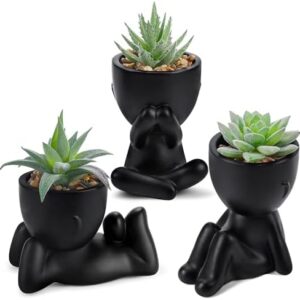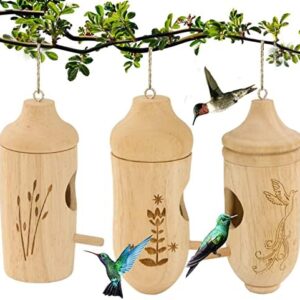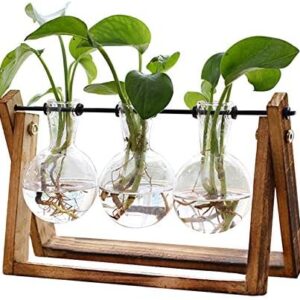The joy of growing our own food is truly something special. There’s something magical about planting a seed, nurturing it as it grows, and finally being able to enjoy the fruits of our labor. If you’re an organic gardener like me, you know that there’s a certain satisfaction that comes from knowing that your food is free from harmful pesticides and chemicals.
But let’s be honest, gardening isn’t always easy. We’ve all had our fair share of challenges – whether it’s pests, diseases, or simply not knowing how to maximize our harvest. If you’re looking to take your organic gardening game to the next level, you’re in the right place. In this article, we’ll share some expert tricks to help you maximize your harvest and get the most out of your garden.
One of the best ways to ensure a bountiful harvest is to start with healthy soil. Healthy soil equals healthy plants, so it’s important to take good care of your soil and keep it well-nourished. One way to do this is by adding compost to your soil. Compost is a natural fertilizer that is rich in nutrients and will help your plants thrive. You can make your own compost using kitchen scraps, grass clippings, and other organic materials, or you can purchase it from a gardening center.
Another important factor in maximizing your harvest is choosing the right plants for your garden. When selecting plants, consider the climate and soil conditions in your area to ensure that they will thrive. Additionally, think about what types of vegetables you and your family enjoy eating so that you can make the most of your harvest.
Once you’ve chosen your plants, it’s important to give them the proper care and attention they need to grow and produce. Watering is key, but it’s important to water your plants at the right time and in the right amount. Overwatering can lead to root rot and other issues, while underwatering can stunt growth and lead to poor yields.
In addition to watering, it’s important to keep an eye out for pests and diseases that can wreak havoc on your garden. One way to prevent pests is to plant companion plants that repel them, such as marigolds, garlic, and basil. You can also use natural pesticides like neem oil or homemade sprays made from ingredients like soap and water.
Proper spacing is also crucial in maximizing your harvest. Planting too close together can lead to overcrowding and competition for resources, while planting too far apart can waste valuable space in your garden. Make sure to follow spacing recommendations on seed packets or plant tags to ensure that your plants have enough room to grow and produce.
Finally, don’t forget to harvest your crops at the right time. It’s important to pick vegetables when they are at their peak ripeness for the best flavor and nutritional value. Different crops have different harvesting times, so make sure to do your research and keep an eye on your plants to know when they are ready to be picked.
With these expert organic gardening tricks in mind, you’ll be well on your way to maximizing your harvest and enjoying the fruits of your labor. Remember that gardening is a learning process, so don’t get discouraged if you encounter challenges along the way. With patience, persistence, and a little bit of know-how, you’ll be well on your way to a successful organic garden. Happy gardening!






